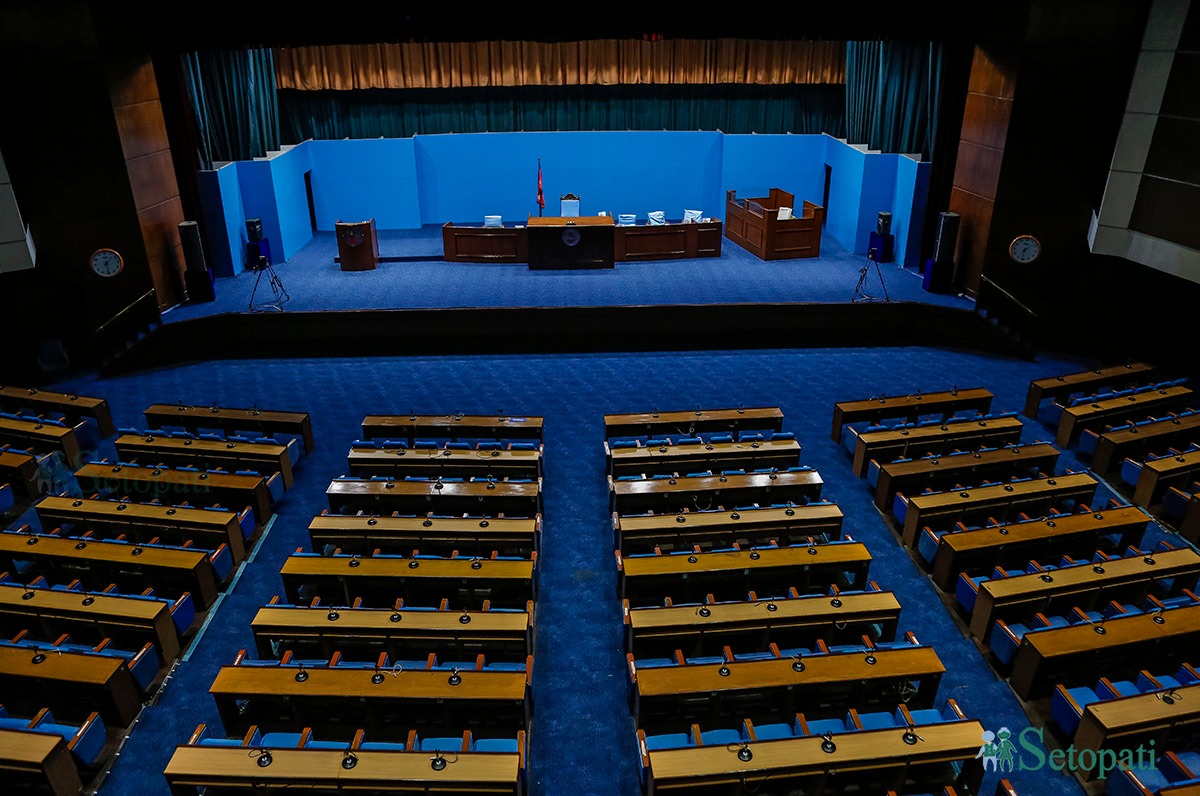Many constitution experts have been arguing that the prime minister cannot be appointed before the elected lawmakers take oath, but the political practice in Nepal has been different in this regard.
Among the seven prime ministers appointed after the elections between 1959 and 2017, five were appointed before the Parliament meeting and before the lawmakers took oath. Bishweshwar Prasad Koirala (1959), Girija Prasad Koirala (1991), Manmohan Adhikari (1994), Krishna Prasad Bhattarai (1999) and KP Sharma Oli (2018) were appointed prime ministers in this manner.
However, the prime ministers appointed after the two Constituent Assembly (CA) elections were appointed only after the CA members were sworn in. The Interim Constitution of Nepal 2007 also did not have any provision that required one to take oath as CA member for appointment as prime minister after the CA election, but the prime minister appointed in such a manner had to take oath as CA member before the first CA meeting. So the prime ministers also took oath as CA members after their appointment.
The country’s first parliamentary election was held in 1959. BP Koirala was appointed prime minister on May 27, 1959. The first meeting of Parliament took place more than a month later on June 30 and the House of Representatives members were sworn in the same day.
As per the provision in the then Constitution, the king could appoint the prime minister from outside the parliament too. But the prime minister so appointed was required to become a member of the Upper House or the House of Representatives within four months.
This constitutional provision changed after the restoration of democracy as the Constitution of 1990 required the prime minister to be a member of the HoR. The first general election after restoration of democracy was held in May 1991 with Nepali Congress securing a majority. The king appointed Girija Prasad Koirala, the parliamentary party leader of NC, as the prime minister on May 26. But the HoR members took oath only on June 20.
This practice seems to have been given continuity after that too.
National Assembly member and senior advocate Radheshyam Adhikari, however, said that the correct way would be to appoint the prime minister after they have taken oath as HoR member.

